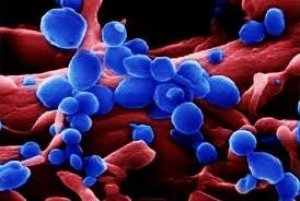
All iLive content is medically reviewed or fact checked to ensure as much factual accuracy as possible.
We have strict sourcing guidelines and only link to reputable media sites, academic research institutions and, whenever possible, medically peer reviewed studies. Note that the numbers in parentheses ([1], [2], etc.) are clickable links to these studies.
If you feel that any of our content is inaccurate, out-of-date, or otherwise questionable, please select it and press Ctrl + Enter.
WHO to release information on laboratory tests related to avian influenza virus
Last reviewed: 01.07.2025
 ">
">The first working meeting to discuss the risks and benefits of laboratory research on the bird flu virus, as well as the possibility of openly publishing details of the experiments, will be held in Geneva on February 16-17, the World Health Organization reports.
The WHO statement noted that the preliminary consultation would include researchers involved in experiments with the H5N1 virus, as well as people familiar with their results. The results were obtained last year but have not been published because the U.S. Biosafety Council censored scientific papers submitted for publication by the authors of the studies.
Scientists who led the creation of mutant strains of the bird flu virus in two laboratories, in the Netherlands and the United States, recently approached the WHO with a request to hold an international forum devoted, in particular, to the problem of publishing the results of research on viruses obtained experimentally.
At the same time as their appeal to the WHO, Ron Fouchier from the Erasmus Medical Center in Rotterdam and Yoshihiro Kawaoka from the American University of Wisconsin-Madison, who created a highly infectious strain based on the H5N1 virus, announced a 60-day suspension of research, the results of which are currently not available to the professional community.
Their letter was published in January of this year in the journals Science and Nature. The reason for this was the call by the American Council on Biosafety for scientists to adopt a voluntary moratorium on publishing details of studies devoted to highly pathogenic strains of influenza viruses. The Council's experts are concerned that scientific information could become the property of terrorists.
As WHO notes, the range of issues planned for discussion at the February meeting is limited, and the date of the next consultation has not yet been determined.
